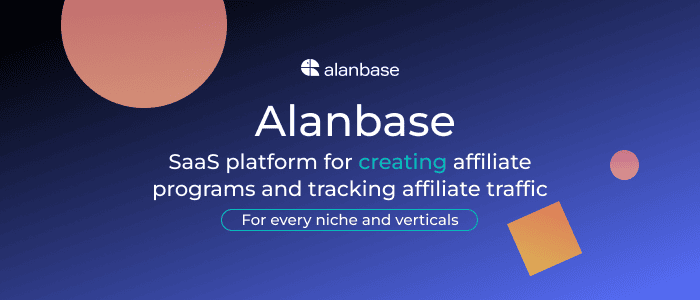Inevitable, or detrimental? That’s what online marketers are asking after Google announced that it’ll be removing third-party cookies. Coming into effect from 2022, the tech giant argues that these changes will “balance personalisation with privacy”.
We shouldn’t be too surprised at this. After all, Google introduced the Privacy Sandbox last August and also demanded new, related industry-wide standards.
When it comes to improving user experience, cookies can be a useful website for smaller websites. But since Google’s changes are still three years away, one can only speculate on how they’ll affect this. So, to do that, we spoke to a couple of industry experts for their thoughts.
Let’s hop into things.
Will these changes have much of an effect on affiliates?
That depends on who you ask and whether or not. Some industry members think that the update could go a number of ways, such as Edoardo Ganetti – SEO expert at Betsson. According to Ganetti, the third-party cookie removal will “for sure” have an impact on traffic. However, he believes that it’ll be “indirect” – before adding that this makes it hard to measure.
The Italian also thinks that there are a variety of possible outcomes. He said: “The first scenario we can imagine is that, as a result of not having these cookies, advertisers could shift some of their budget from display and programmatic to organic.”
If this happens, Ganetti feels that competition within SEO will increase and this could lead to a rise in expenses. Thus, publishers would dominate the organic side of things.
But, in his eyes, there’s also another possibility. “A second possible scenario is that advertisers close direct deals with affiliates. This is rare in some niches, but still widely-used within gambling. Affiliates would likely see their positions reinforced through this, with more incoming organic traffic. Therefore, they’d dominate this side of things.
Although some feel that this update will have an impact – albeit not necessarily direct – others don’t feel that much will change. One of those individuals is Martin Calvert, Marketing Director for ICS Digital. In his eyes, “the only real implication will be in how people are targeted with ads.” He added that there shouldn’t be a drastic effect on personalisation, since first-party cookies are still permitted.
What happens now, then?
Will new technology come in to help affiliates anyway? According to Ganetti, that’s a possibility. “What I see is a growth of tools that’ll help marketers to overcome the obstacles related to not having third-party cookie data to tailor campaigns. Something similar happened within SEO when Google applied privacy to its organic Google Analytics reports.”
He finished by saying: “The companies that were able to help others find a way around this, to better-tailor their campaigns, prospered.”
Final thoughts
Regardless of how big or small the impact of these changes are, it’s important to use other data sources for personalisation – not just cookies. For example, artificial intelligence and other forms of data science are trickling their way into iGaming more. Their influence is likely to continue growing over the course of this year and by 2022, they could well be established within the online space. Companies are now creating their own white label solutions, too, meaning that they might not even notice the removal of third-party cookies in a couple of years. This isn’t the first time that important features have been removed by tech giants, nor will it be the last. And actually, it might speed up the innovative ways to personalise that keep popping up.























